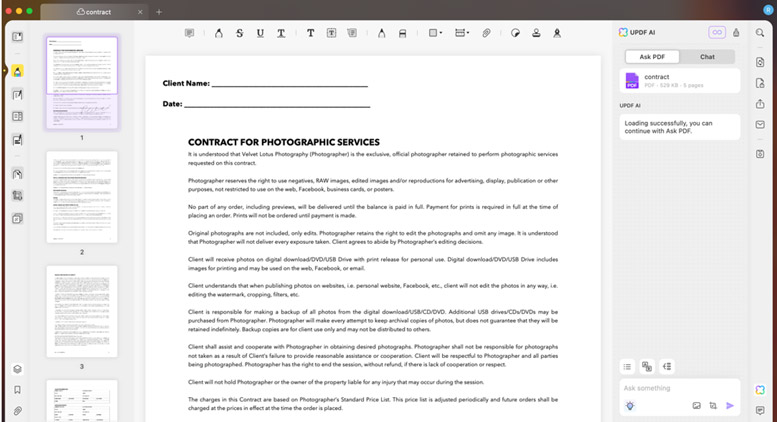The fate of UCITA
An open letter to the ABA’s House of Delegates concerning their impending vote on UCITA
My regular readers, who have heard far more about UCITA (Uniform Computer Information Transaction Act) than they or I like, will have to forgive my addressing this column to the members of the American Bar Association’s House of Delegates. One small item on the agenda for that august body’s meeting next week is UCITA, where the delegates will choose to approve it, reject it, or indefinitely postpone its consideration. If it fails to gain ABA approval, many of us who oppose UCITA believe it will finally die the death it richly deserves.
Dear Delegate:
Pardon the intrusion, but I’m hoping you’ll listen to yet one more voice on the issue of UCITA. A momentous decision rests in your hands, and I want to make sure you understand what is really at stake here.
Let me explain briefly why I ask you to hear me out on this issue. I’ve been writing about UCITA and its precursors for almost eight years now, and I’m one of the few nonlawyers and certainly the only journalist who has read the whole law in multiple iterations. As the “reader advocate” for a weekly computer magazine for information technology professionals, I first got involved in the drafting process in the hopes the law would help solve some of the common problems faced by my readers. As I came to know it over the next several years, however, I realized the proposed law was intrinsically and fundamentally opposed to the interests of all customers of IT products, and I have since been a declared opponent.
As I write this, I see you have just been subjected to a torrent of material in support of UCITA, starting with a letter from the President of National Conference of Commissioners on Uniform State Laws (NCCUSL), the organization that originally drafted and approved UCITA. But by the time you read this, I would hope that stream of information has been at least somewhat counterbalanced by material from the other side. So I’ll assume you already realize that the opposition has not been mollified by NCCUSL’s most recent spate of amendments, and many of the major concerns identified last year by the ABA’s Working Group on UCITA remain unaddressed. Indeed, as the Working Group’s report made clear, there was simply no way the most fundamental problems could be addressed without redrafting the entire law line by line.
The materials sent to you by UCITA’s proponents characterize UCITA’s opponents as representing a handful of special interests funded by consumer organizations, library associations, and insurance companies. I ask you to contemplate for a moment what could possibly get those three groups to agree on anything, much less spend good money fighting it. And then ask yourself what interest groups are supporting UCITA.
There is and always has been only one interest group pushing UCITA: the large producers of IT products and services. But by no means are all such large producers supporting it. Since the proponents are so fond of characterizing us, allow me to characterize them. If you ask the state legislators who came to their door to lobby for UCITA, the honest answer will be primarily Microsoft, secondarily AOL, and perhaps a token appearance by another company or two in Microsoft’s orbital pull. And it’s a fair bet that also represents where the money has come from to pay for all those billable hours run up by the UCITA lobbyists. Talk about special interests.
In truth, the opposition to UCITA goes far beyond consumers, librarians, and insurance companies. I won’t bore you with the list of all the different companies and organizations that have taken a stance against UCITA, but I will point out that just because an organization doesn’t bother to reaffirm its position every time NCCUSL inserts a subhead doesn’t mean its concerns have been addressed. For example, just a year ago a sizable majority of the state Attorneys General flatly declared UCITA unfixable, but proponents ever since have been suggesting that position can be dismissed as out-of-date.
But if there’s one thing I want you to understand about the scope and breadth of the opposition to UCITA, it’s that it does not only come from the customer side of the equation. A fact that often gets overlooked is the overwhelming way in which societies of computer professionals have roundly condemned UCITA. The two most prestigious engineering groups in computing the Association for Computing Machinery (ACM) and the Institute of Electrical and Electronics Engineers (IEEE) have consistently taken strong positions against UCITA. So have numerous groups representing other technology professionals.
Why do those who design, produce, service, and support IT products so adamantly object to a law that supposedly protects the fruits of their labors? Because they understand the actual consequences of UCITA in the real world of high technology: It will make the existing problem of poor-quality software much worse; it will leave American IT customers with fewer choices and weaken the competitiveness of American products in world markets; and it will undermine attempts to improve the security of our vulnerable technology infrastructure.
Is that all that’s stake in your vote next week? No, there’s more, but this will have to do for starters. Let me leave you with one question you should make sure you have satisfactorily answered by the proponents: what real-world problem does UCITA actually fix? In all my years of observing the decidedly odd process that has created this thing you’re about to vote on, I’ve never heard a straight answer to that question. If you can’t get one either, I hope you will have the wisdom to send NCCUSL back to the drawing board. We and that’s a very big we are counting on you.




